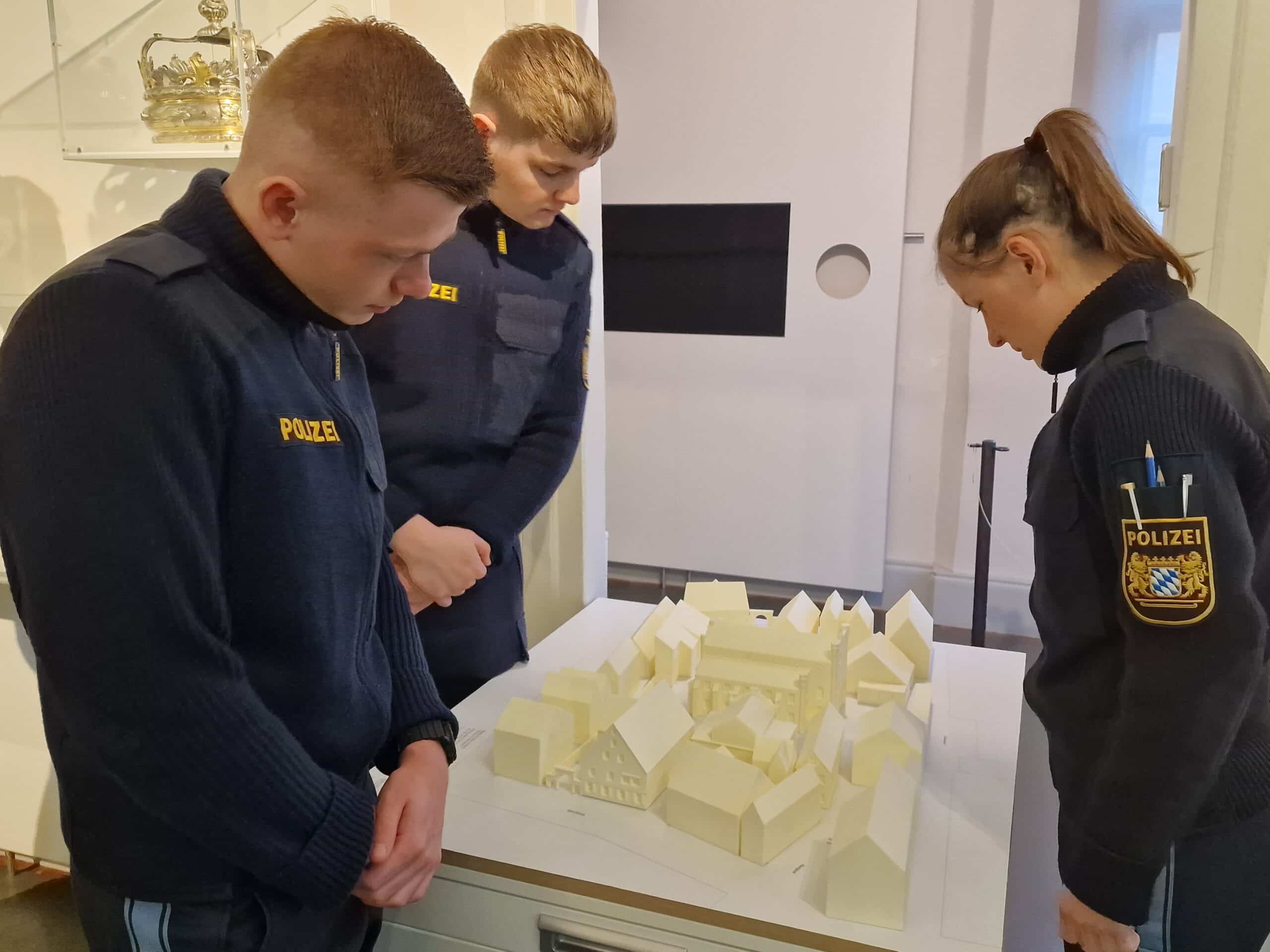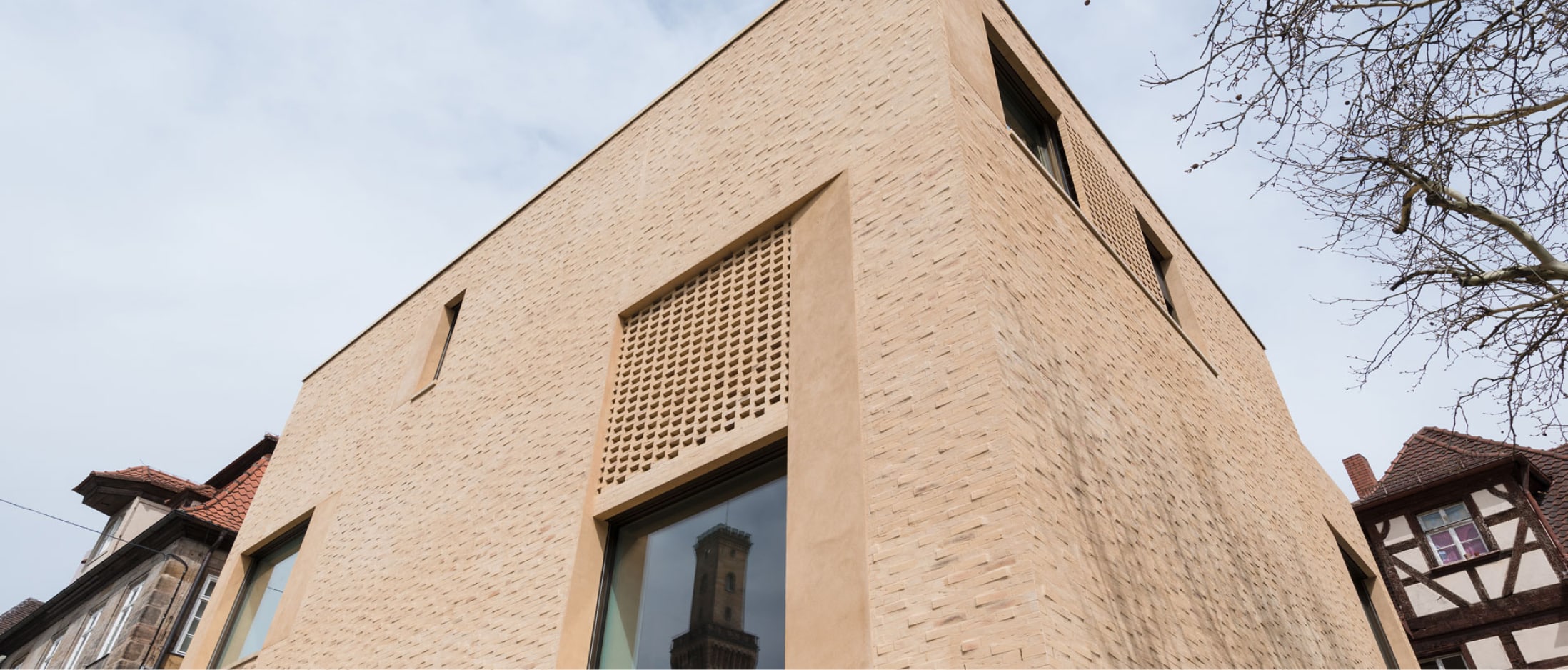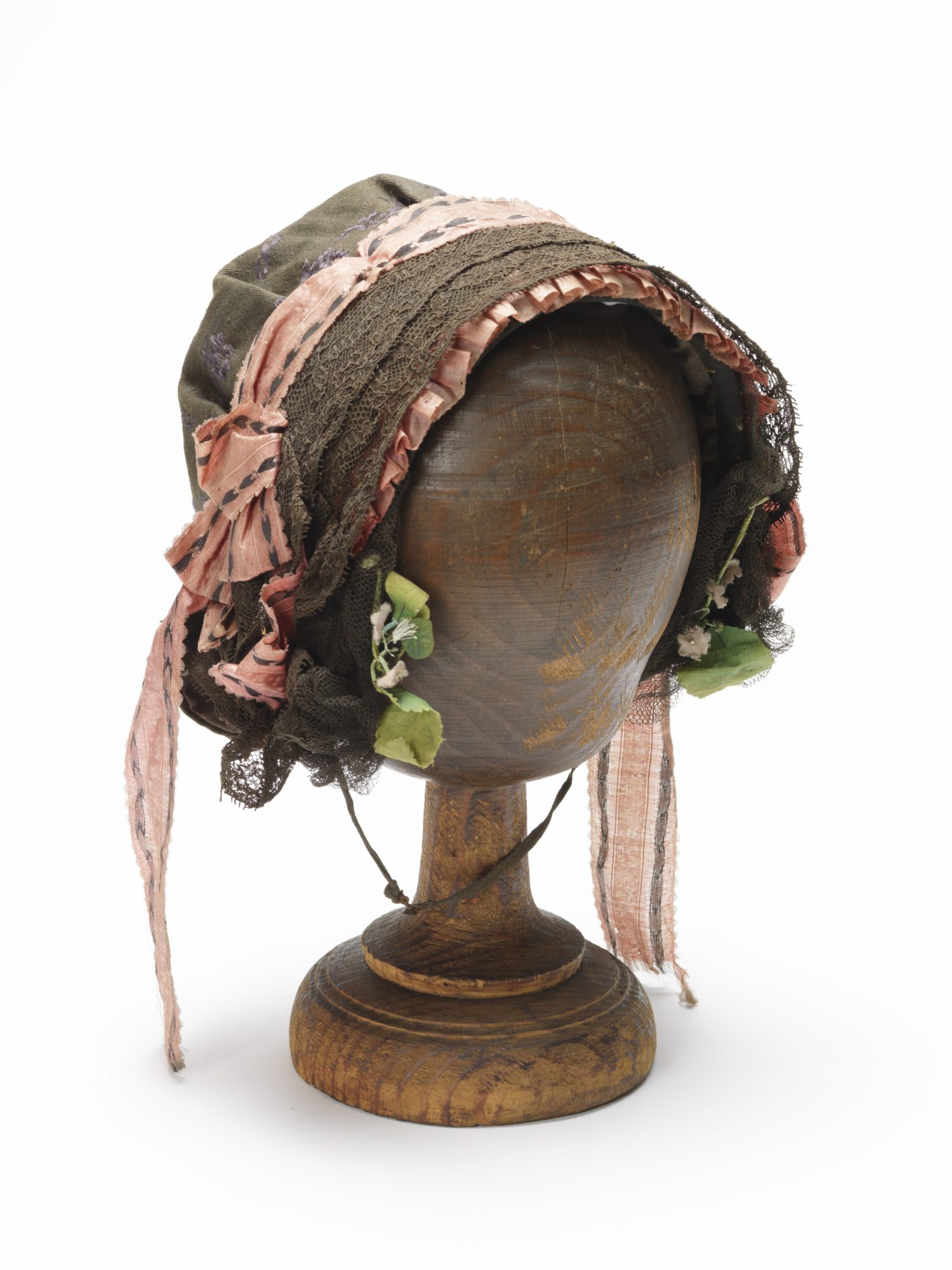 Project
Project
Unique Cooperation between The Jewish Museum Franconia and the Bavarian Riot Police launches 2023
A unique cooperation between the JMF and the Bavarian riot police has begun. The JMF will work closely with the IV….

Franconia was an important cradle of Jewish life in southern Germany, with more than 400 Jewish communities. The Jewish Museum of Franconia offers a fascinating glimpse into nearly 1,000 unbroken years of Jewish history. A unique feature of the Jewish Museum of Franconia is its buildings, located in Fürth, Schnaittach and Schwabach: All the museums are housed in historical structures built from the 16th to the 18th century, and all have significant collections of Judaica and everyday objects. They convey the broad range of Jewish lifestyles in Franconia: from the urbanized life in Fürth to the small- town life in Schwabach, up to the rural lifestyle in Schnaittach.
The Fürth Museum building, built in 1702, was owned by Jewish families through the late 19th century. Rare objects reflect everyday Jewish life: The ritual bath is still fed by groundwater; a historical sukkah features a sophisticated roof design; and the house boasts a magnificent Baroque stucco ceiling.
The Museum complex in Schnaittach is housed in a former synagogue that dates back to 1570 and was almost completely destroyed in November 1938. The complex includes an annexed dwelling for the rabbi and cantor, as well as a ritual bath, or mikvah.
The Schwabach Museum is located in a former Jewish house on Synagogue Lane. Its historic sukkah with murals of the late 18th century is a treasure of European Jewish cultural heritage. Walking through Synagoge Lane with its old synagogue, the former home oft the rabbi and the Talmud school, visitors also gain insight into small-town Jewish life.

Fürth's permanent exhibit presents objects related to Franconian-Jewish culture and history. In 16 sections, it presents Jewish life from its medieval beginnings to today, between tradition and assimilation, destruction and a new beginning.
Schnaittach shows objects representing Jewish rural culture in southern Germany. It includes items related to religious rituals, but also numerous objects that rural Jews used every day.
Schwabach's highlight is the sukkah decorated with figurative images, inspired by the title pages of contemporary Hebrew publications. The rabbit hunt i.e. is an unusual find, since this theme previously had been seen mostly in book illustrations.
The Jewish Community Museum is an independent private museum established by the Jewish Community in Bratislava and the Jewish Heritage Foundation-Menorah….
POLIN Museum of the History of Polish Jews (POLIN Museum) is the first and only Museum dedicated to restoring the memory…
The Jewish Museum of Rome is the Museum of the local Jewish Community and its history is closely linked to the…
The Jewish Museum Merano is located in the basement of the synagogue, some objects are on display on the ground floor…
The Museo Nazionale dell’Ebraismo Italiano e della Shoah – MEIS (National Museum of Italian Judaism and the Shoah) was founded with…
The main aim of the Museum of Jewish History is to preserve and reflect the history of the Jewish communities of…